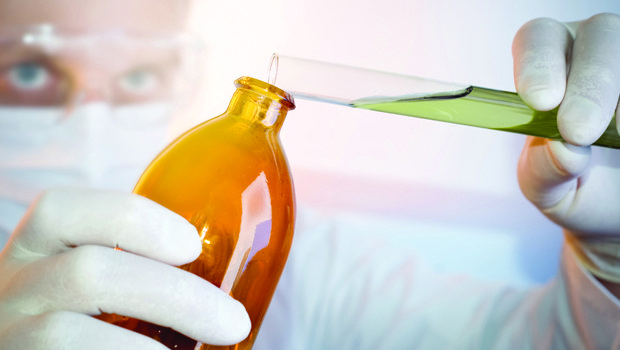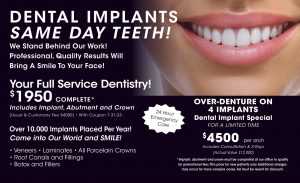Millers Compounding Pharmacy Carries on A Noble Tradition
Compounding pharmacies are increasing in popularity, but what exactly does the term mean? “We get that question a lot here at Millers Pharmacy,” says owner David Miller. “We have a state-of-the art compounding laboratory on the premises, which is accredited by the Pharmacy Compounding Accreditation Board. Most people don’t know that.” Compounding is the art of making drugs from natural or chemical ingredients or combining two or more commercially available drugs. Compounding allows pharmacists to work with patients and prescribers to customize their medication. Doctors may prescribe an individually compounded medication for a patient (or animal) with an unusual health need.
A long time ago, compounding was the only way to practice pharmacy. Before mass production of medications became widespread, it was routine, and its roots are ancient. Hunter-gatherer societies had some knowledge of the medicinal properties of the animals, plants, molds, fungi and bacteria, as well as inorganic minerals within their environment. Ancient civilizations used pharmaceutical compounding for religion, grooming, keeping the healthy well, treating the ill and preparing the dead. In the 19th century, pharmacists began isolating and identifying the active ingredients contained within crude drug concoctions such as opium. The compounding pharmacist would separate the active ingredient, like morphine, and use it in place of the crude drug. And so, modern medicine began.
Pharmacists were trained to compound the preparations made by the drug companies, but they could not do it efficiently on a small scale. So economies of scale, not lack of skill or knowledge, produced a market for the modern pharmaceutical drug companies. Pharmacists continued to compound most prescriptions until the early 1950s, when the majority of dispensed drugs came directly from the large pharmaceutical companies. Custom-compounded preparations are especially useful for:
- Pediatric Compounding: Children often find it difficult to swallow tablets, and sometimes commercially available preparations may not be palatable. A compounding pharmacist can make alternate dosage forms to make medicine palatable and flavorful or turn it into other forms to make administration easier. The most common pediatric dosage forms include suspensions, troches, lollipops, topical preparations and suppositories.
- Bio-Identical Hormone Replacement Therapy for Men and Women: In men, the symptoms of aging can start as early as 40, mainly due to decreases in growth hormone and testosterone. This leads to andropause, adrenal fatigue or hypo- and hyperthyroidism. The most common symptoms are erectile dysfunction, muscle loss, increased body fat, hair loss, aches and pains and aging skin. Through proper treatment with compounded hormones, nutritional supplements, diet and exercise, one can aim for a healthier and younger lifestyle.
- Hormonal imbalance in women can lead to peri-menopause and menopausal symptoms, weight gain, adrenal fatigue, low libido or vaginal dryness. Bio-identical hormone replacement therapy (BHRT) may be the solution. By using the appropriate dose of bio-identical hormones, women can sometimes be relieved of many of the most troubling symptoms, protect themselves from heart diseases and osteoporosis, and improve their quality of life.
- Veterinary Compounding: The compounding pharmacist, working with a veterinarian, can compound small dosage forms for small patients, transdermal gels, flavored chewable treats and suspensions and capsules.
- Also, patients requiring a different formulation, such as turning a pill into a liquid or transdermal gel for people that cannot swallow pills due to disability or illness; an allergen-free medication, such as one without gluten or colored dyes; absorb or excrete medications abnormally; need drugs that have been discontinued by pharmaceutical manufacturers because of low profitability; or are facing a supply shortage of their normal drug, benefit from custom compounding.
In 2012, Millers Pharmacy was awarded accreditation by the PCAB, created by leading organizations in the pharmacy profession for the purpose of recognizing those compounding pharmacies that have demonstrated outstanding commitment to quality. There are only 140 PCAB-accredited pharmacies nationally.
For more information, visit Millers Pharmacy, 678 Wyckoff Ave., in Wyckoff, call 201-891-3333 or visit MillersPharmacy.com.
See Event: Millers Compounding Pharmacy Offers Free Nutrition and Wellness Lectures





























